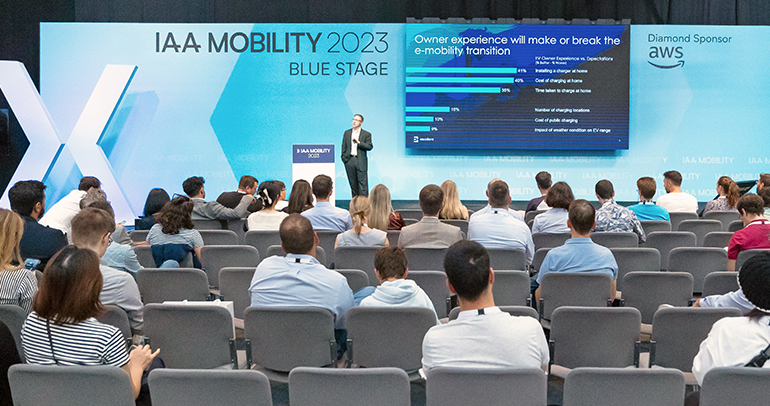
If you conduct research in Asia, you know that challenges can often arise that can cause research to go off-track. We understand those challenges as we have experienced them, too. Our teams across Asia have come across almost everything that can be experienced over the many decades that we have conducted research throughout the region. As such, we have also learned how to anticipate challenges and be constantly prepared in case of mishaps.
Our stateside expert, David Ying Hon Ho, hails from Hong Kong and lives between the two continents (currently residing near our Portland, Oregon office). David has conducted many projects across Asia over the past three decades and has documented his findings in a presentation entitled “Practical Considerations in Researching Asia.” Detailed within his presentation are some of the common pitfalls that any research team faces in Asia, particularly in those developing areas that are so desirable to many of our clients. Developing countries represent the next frontier in terms of all kinds of new products – and are especially relevant to the technology sector.
Here are some of the nuggets you may find helpful:
- First, it can sometimes be hard to find high-quality research panels across Asia, and issues like biased samples or non-representative segments can hinder you in getting a real read on your buyers/potential buyers. It takes work to ensure that the data you are getting back are going to be helpful so constant monitoring and cleaning is required. We’ve found that by using an extremely diligent approach — working closely with our panels providers to get a clear understanding on sourcing and sampling methods, and implementing thorough data cleaning methods on the back end — we can ensure that the data we use to gather insights and weave into stories are accurate and actionable. We’ve also found that using AI/Machine Learning techniques in our cleansing methods gives us a leg up on others.
- Second, we’ve found that being extremely familiar with the political environment and understanding government cues is important. With some countries, it is important to stay away from language that may cause your surveys to be blocked due to “inflammatory” (perceived) language or politically incorrect references within your instruments. Across Asia, researchers must use care to 1) get certified to conduct research in certain countries, and 2) ensure language and references are appropriate so as not to get blocked by governments who may consider your language/questions inappropriate.
- Third, technology can be an issue, particularly in developing countries. As our teams work across Asia, they arrive armed as MacGyver. You never know when duct tape or wire cutters may be needed to ensure internet connectivity stays connected. Working closely with locals is also helpful, as local folks can alert you to any potential issues that you should be aware of before traveling to the country or sending your regional teams to developing areas.
- Finally, culture is key. Culture is a part of everything that we’ve outlined above – but it is also a challenge unto itself. Understanding cultural norms for each area that you conduct research in is so important in every aspect of your research. For example, some cultures are more acquiescent in their responses, so survey writers must take great care in designing questions and answers. In other cultures, there may be a tendency to pick a certain point within a scale (mid-points instead of extremes). A savvy research team can design this into question and answer sets to ensure that instruments are designed appropriately for each specific culture. As analysis of the data kicks off, having a knowledgeable team in place to consider cultural implications of answers is super important to providing meaningful results from the research.
If you are interested in conducting research in Asia or have been experiencing challenges in doing so, send us a note. We’d love to talk with you about what we’ve learned over the years and help you problem-solve on your end so that you can get the most out of your research. We’re also happy to visit your office to talk through these valuable insights and help you troubleshoot and plan for conducting research in Asia …or wherever your research adventures lead you globally.








